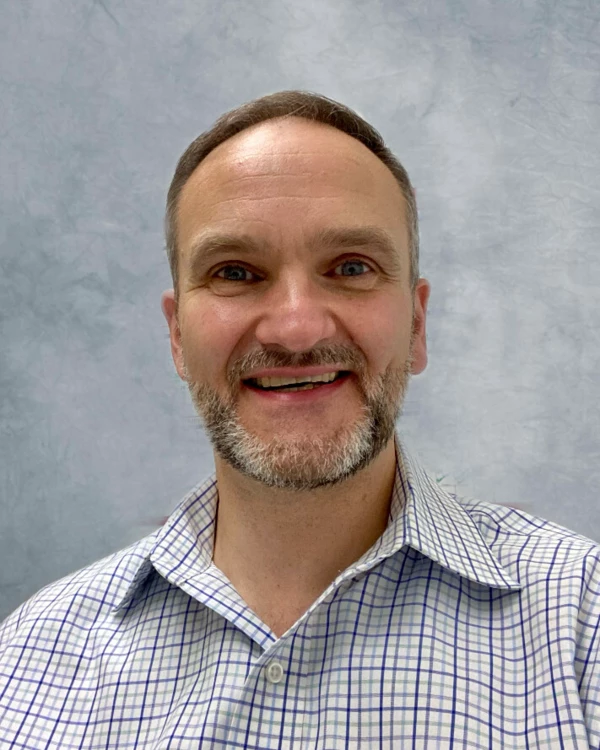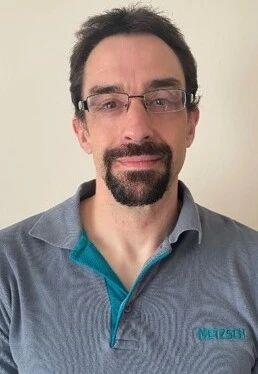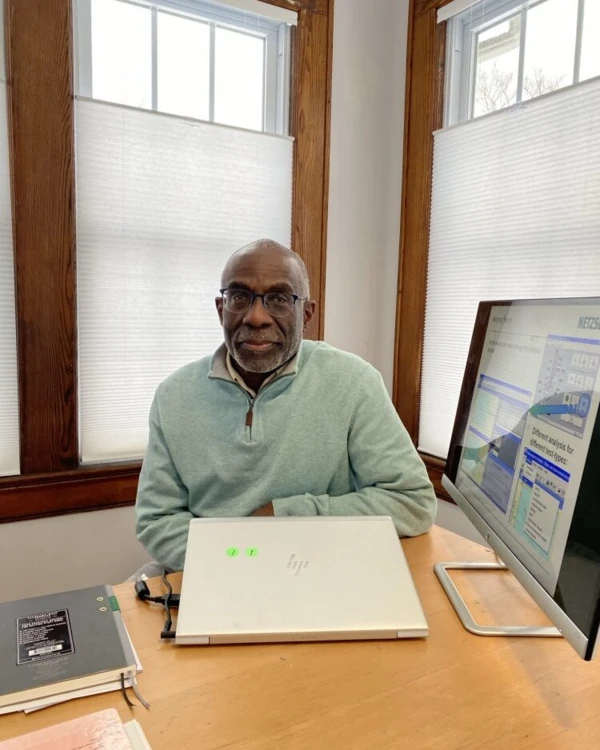
08.02.2021 von Milena Riedl
One Year of Kinexus and Rosand Rheometers at NETZSCH: A Personal Note
One year ago, NETZSCH Analyzing & Testing announced the extension of its product portfolio with the Kinexus rotational rheometers and Rosand capillary rheometers. Our Kriechen (Rheologie)Creep is one of the earliest “controlled stress” rheometer tests that quite literally “creeps” the material, i.e. we measure over a relatively prolonged period the small movement (the creep defined as creep compliance, J) of the sample by applying a small constant stress.Rheology Application Specialists look back on the highlights and hint at the important topics coming up in 2021.
For us at NETZSCH, this last year has been marked by the integration of the products into our existing organization, setting up new R&D teams for our rheology product families, securing service and support and keeping our customers comfortable during the transition.
Equally important was the integration of our new colleagues that joined our NETZSCH family as rheology application specialists. Their dedication and work ethic was indispensable in transferring crucial knowledge of rheology and the products and in supporting the customers through this transition.
We interviewed Philip Rolfe, John Casola, Eric Bennett and Dr. Adrian Hill to hear about their highlights and favorite topics of the past year and what 2021 has in store for rheology at NETZSCH.

How would you summarize your first year at NETZSCH?
Philip Rolfe: Initially, our travel plans for 2020 were ambitious with a myriad of exhibitions planned, but COVID quickly changed that and we had to find innovative ways to get in front of potential customers and demonstrate instruments. Despite some challenges, I think we have been enormously successful in establishing the business, reconnecting with our existing customers as well as reaching new ones!
John Casola: Being at NETZSCH, while also a very large organization, appears smaller, nimbler, and having its focus squarely in thermal and mechanical analysis has been a fantastic improvement for me and my interest in rheology. It has reminded me of my journey and brought me back full circle to working with a team, understanding of and dedicated to my interests which, to me, is unique for being a part of a large company.
Eric Bennett: The first year at NETZSCH has been, in a word: Interesting! The COVID pandemic eruption coincided with the official transfer of the rheology products to NETZSCH, so the best laid plans for the newly branded products launch at tradeshows and conferences all had to be re-tooled for web-based activities. With all the COVID related setbacks though, re-connecting with customers was for me a major highlight of the first few months. It was also helpful that the global rheology team transitioned over to NETZSCH almost intact. It was good to resume working with colleagues you have known for many years after a period of uncertainty.
What was the focus of this first year?
Dr. Adrian Hill: The principle focus was to continue to support our customers wherever they are, with an increasing use of remote support considering the challenging nature of travel at the moment. With a modern rheometer platform like Kinexus – where a lot is now digital and controllable through the software – it is pleasing to receive the positive feedback from our customers regarding the effectiveness of this new form of support.

What was your favorite topic you worked on this last year?
Dr. Adrian Hill: Early on, we needed to introduce the material of science to our NETZSCH colleagues. As rheology is such an interesting subject, and even a fun one to explain and to show, this is always a fun time. It is always satisfying to see the understanding of how on one hand, from the “outside” rheology can seem a complex science.
But with how simple the intuitive rSpace software for Kinexus and the robust testing with Flowmaster software for Rosand can make rheological testing straight forward and easy. As such, our new colleagues could see how our customers can focus on how our rheological characterization can improve the performance of their materials (for example, slow down or prevent unwanted settling/sedimentation), and optimize specific properties (such as QC/standard grade testing).
Philip Rolfe: One project that was particularly fun was evaluating the cure time of a polymer in a 50% relative humidity environment on the Kinexus rheometer. We had to create a stable relative humidity inside the rheometer chamber as the sample was moisture curing, and so after a bit of research decided to do this by surrounding the sample with a saturated salt solution of magnesium nitrate. It worked like a charm and we were able to generate highly reproducible data showing the full curing characteristics of the sample!
What went horribly wrong?
John Casola: Corona, Covid-19, SARS-2, however you choose to refer to it, is what went horribly wrong in 2020. It affected everyone and almost everything, not just me or the NETZSCH integration of rheology or our interactions with our customers. COVID created support challenges on multiple fronts. Our service teams were (still are) challenged to visit customers. Luckily, our Rheology Team has been remote support friendly for almost 2 decades, making it easier for us.
Eric Bennett: The cancellation of the annual International Sales Meeting at NETZSCH headquarters in Selb due to COVID restricted travel was disappointing; not being able to meet and exchange ideas with the NETZSCH global team in person was another interesting twist to 2020. I must say though that our new colleagues with whom we had contact at NETZSCH Instruments North America and NETZSCH Analyzing & Testing headquarters were welcoming and supportive, and quickly recognized and appreciated the synergistic benefits of rheology with the NETZSCH thermal analysis core products.

What important topics are coming up in 2021?
Philip Rolfe: In 2021, we plan to finalize training videos for the rSpace software and some of the other rheology products for our Learning Management System. We have ongoing developments with collaborations at several universities to develop new accessories. Additionally, there is a new version of the rSpace software which will be a great benefit as well as R&D developing some of the new temperature control accessories.
Eric Bennett: For 2021 and beyond, NETZSCH rheology customers can look forward to some exciting product improvements and enhancements as the NETZSCH engineering team is already busy applying the much-vaunted German engineering approach to projects for both the Rosand and Kinexus line of rheometers. From a market perspective, there are exciting opportunities on the horizon with major technology changes in key industries where rheology will continue to be front and center; bioplastics increasingly replacing traditional petroleum-based products in some sectors, and the rapidly approaching EV that’s on the verge of disrupting the automotive industry are two to carefully monitor.
Some great content our rheology application specialists created
- Learn about the differences of a viscometer and rheometer and how a rheometer could be more suited for your needs
- Watch our selection of webinars covering various applications
- Learn how rheology assists in the development of a new treatment for COVID-19
- View our library of rheology application notes